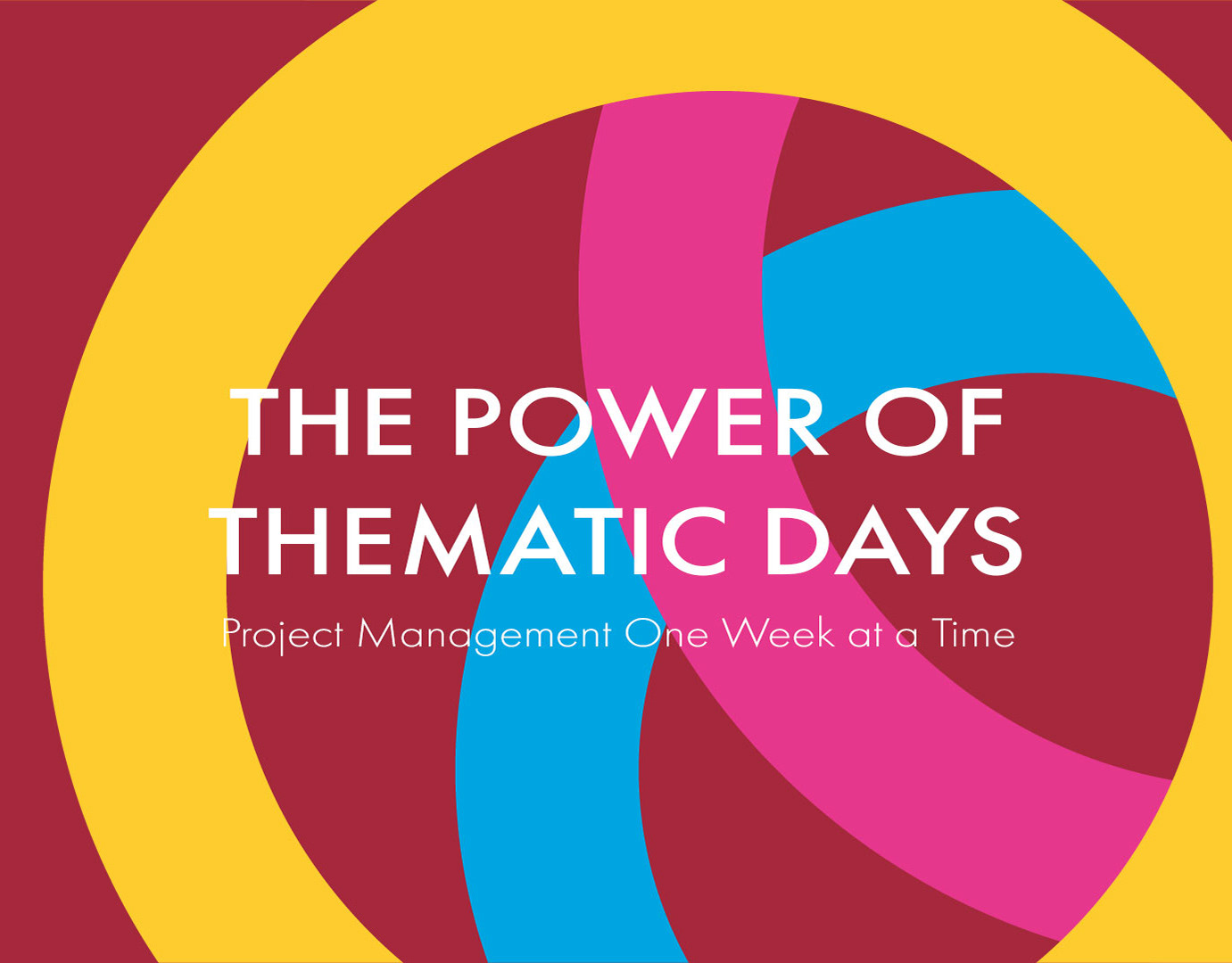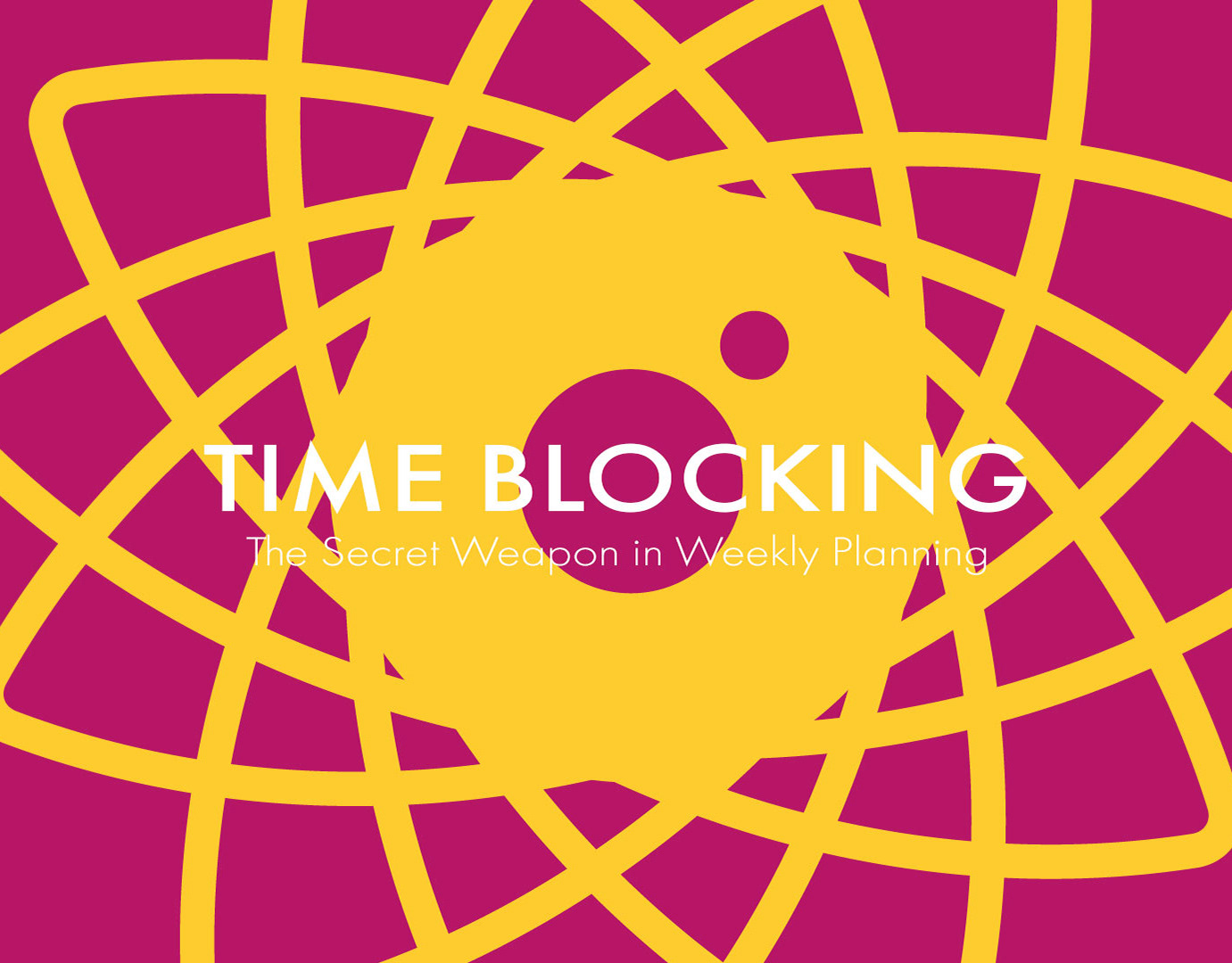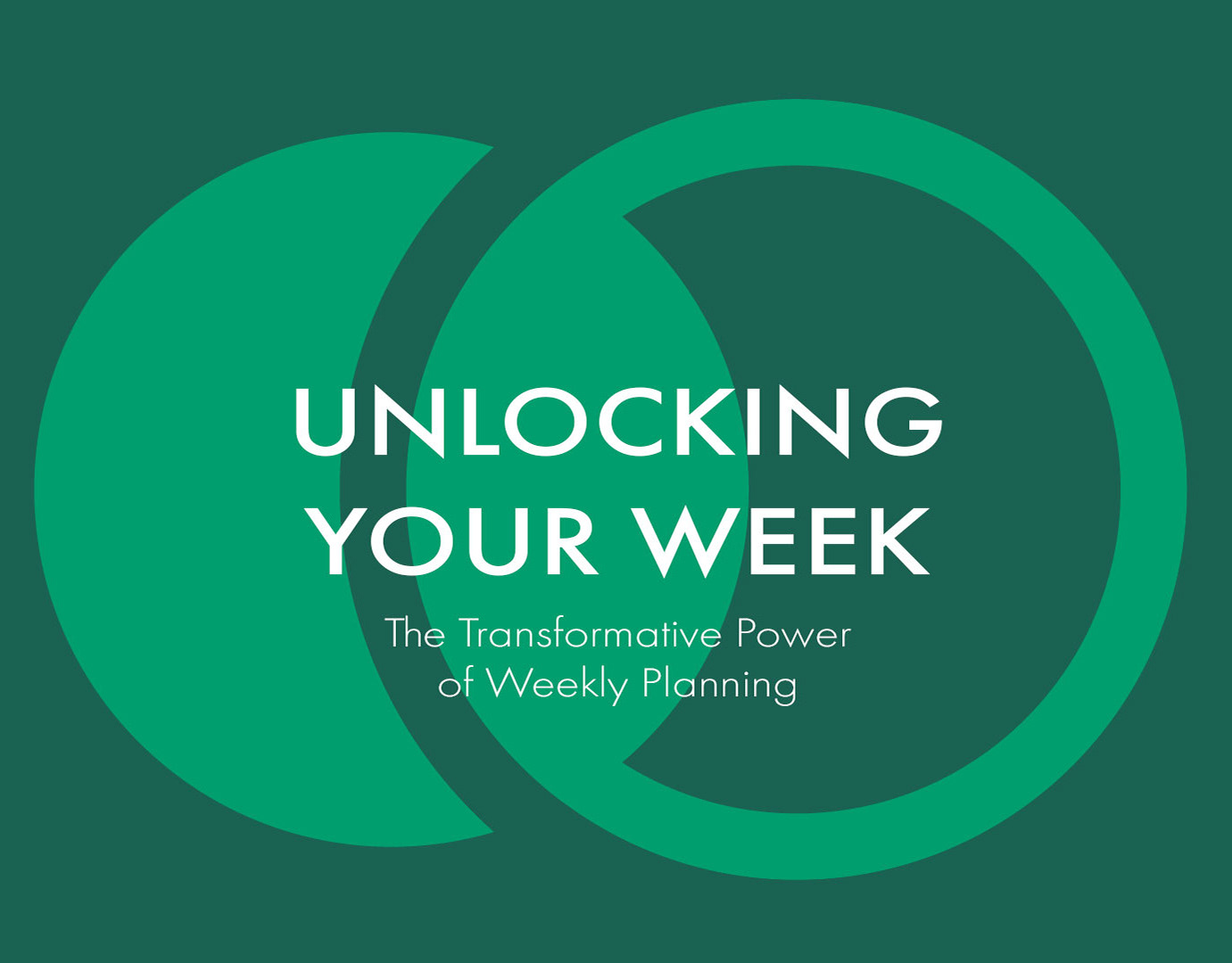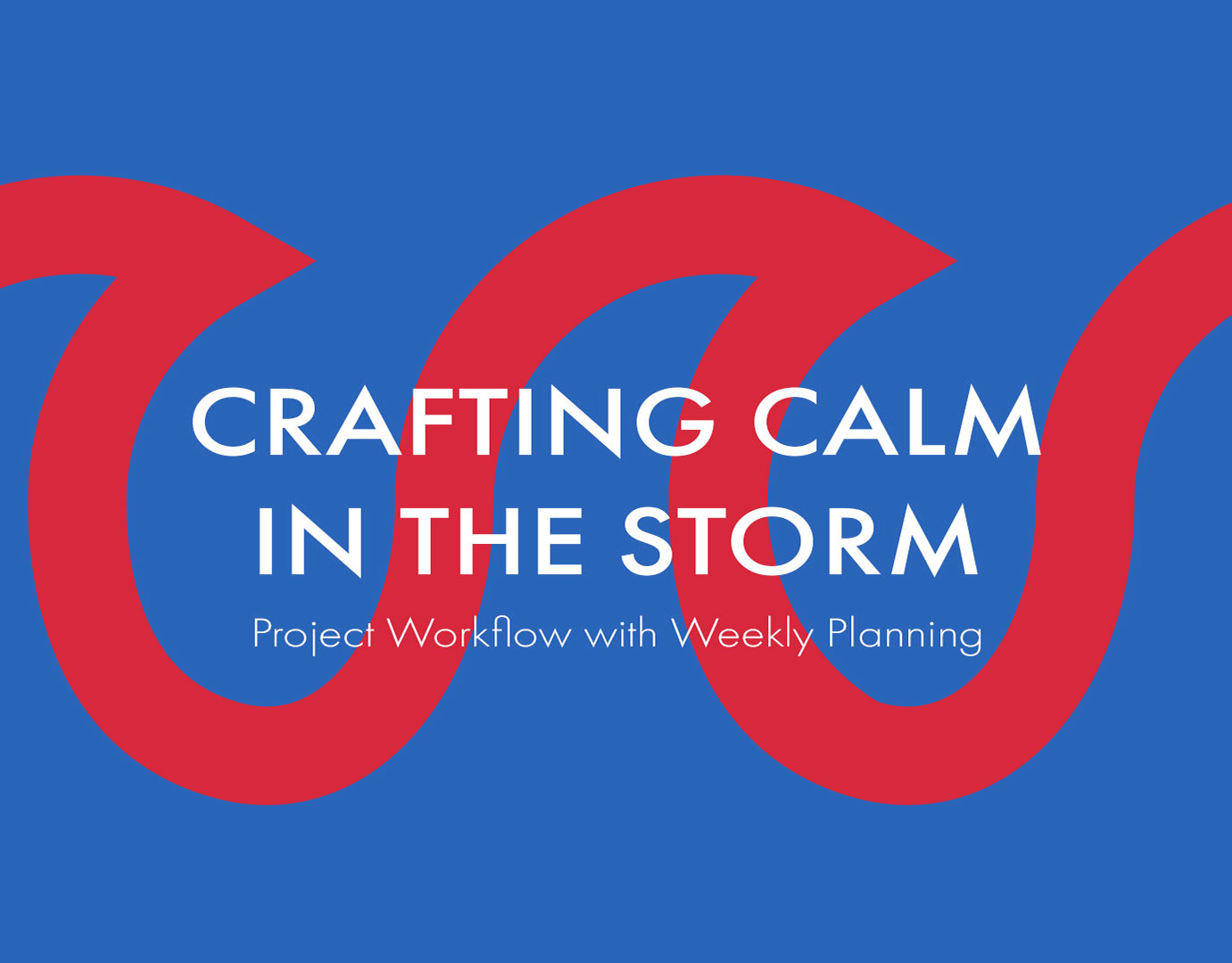Ever found yourself drowning in a sea of work tasks, meetings that could have been emails, and deadlines looming like storm clouds? That's when you realize the power of a well-planned work week. It’s not about micromanaging every minute; it’s about steering your work life in a direction that doesn’t lead to Burnout Ville.
So, why do we bother planning our work week? Sure, ticking off tasks gives us a little dopamine hit, but it’s bigger than that. It’s about making sure the big stuff—the projects that really move the needle—don’t get lost in the daily grind. It’s about setting aside time for deep work where real magic happens, away from the pings and dings of constant notifications.
Planning your week is like putting up a “no trespassing” sign on your time. It means blocking out hours for focused work, so you’re not just reacting to what lands in your inbox. It’s about saying, “This time is for tackling the big stuff,” ensuring that you’re not just busy but productive. Those time blocks in your planner? They’re your mini-fortresses against the chaos.
Let’s face it, the workweek can feel like a tightrope walk between meeting deadlines and not losing your mind. That’s where smart planning comes in. It’s carving out time for brainstorming sessions, team check-ins, and yes, even those much-needed coffee breaks. It’s about creating a rhythm to your week that keeps you energized, not drained.
We all know that no plan survives contact with reality unscathed. That client call runs over, or a project hits a snag. But here’s where your planner becomes your playbook. It’s about adjusting on the fly, reshuffling your priorities without losing sight of the end goal. It’s your reminder that you’ve got the flexibility and smarts to tackle whatever the workweek throws your way.
And here’s the best part: Looking back at a week where you crushed it. Those checkmarks in your planner? They’re mini high-fives you’re giving yourself. It’s about taking a moment to appreciate what you’ve accomplished and using that momentum to plan the next steps. It’s a cycle of progress, where planning sets the stage for success, week after week.
So, as you map out your next work week, remember it’s not just about keeping the wheels turning. It’s about driving your career forward, making space for innovation, and keeping your sanity intact. That’s the real why behind planning our work lives, and trust me, it makes all the difference.








